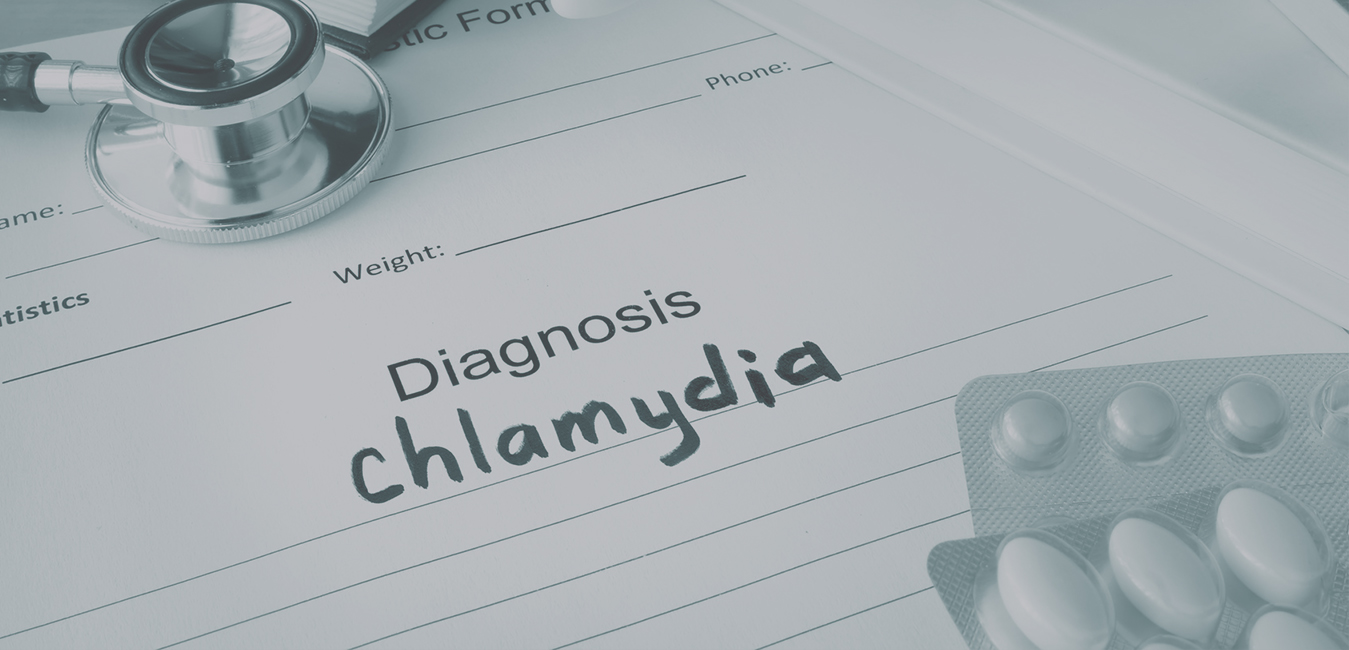Sexually transmitted infections are a group of diseases that are acquired or passed from one individual to another through sexual contact. These infections can be passed through vaginal, oral and anal sex. Early diagnosis and treatment of STIs is of utmost importance and it is crucial to always practise safe sex with the necessary precautions and protection.

Sexually Transmitted Infections
Common symptoms of STI include:
1. Dysuria – pain on passing urine.
2. Discharge – usually yellow or white discharge.
3. Growths on the genital area or around the anal skin.
4. Ulcers on genital skin or oral mucosa.
The following are some examples of common sexually transmitted infections:
Gonorrhoea
Gonorrhoea – This is a highly contagious infection that usually presents with pain or discomfort on passing urine, associated with a thick yellow discharge. This is treatable with injection or oral antibiotics.
Non-Gonococcal Urethritis
Non-Gonococcal Urethritis – This conditions also presents with pain on passing urine and genital discharge but can sometimes be asymptomatic, especially in females. The discharge is usually clear white and less thick compared with the discharge seen in gonorrhoea. This can be cured with oral antibiotics. Delayed diagnosis can lead to serious complications in females.
Genital Warts
Genital Warts – These present as warty growths on the genital area and may be single or multiple. They are caused by infection by the Human Papilloma Virus (HPV). There is often no associated pain but these growths can spread or infection others if left untreated. Genital warts can be treated with liquid nitrogen treatment, topical medication or electrosurgical ablation. There are effective vaccines against some of the subtypes of the HPV virus which can offer some immune protection for patients.
Syphilis
Syphilis – Syphilis is a highly infectious condition that can present as primary (early), secondary or tertiary (late) syphilis.
A. Primary syphilis usually presents as a painless ulcer on the genitalia.
B. Secondary syphilis occurs weeks or months after a primary infection and usually presents with rashes on the trunk and limbs with enlarged lymph nodes. The rashes may also appear on the palms. Fever, headache and sore throat may also be present.
Both primary and secondary syphilis are the most contagious stages of syphilis
Genital Herpes
Genital Herpes – This usually presents with painful tiny grouped blisters on the genital area. The base of the blister is often red. The blisters burst and leave small erosions and this may take 1 to 2 weeks to heal. Genital herpes has a tendency to recur. Suppressive treatment may be considered for patients with very recurrent disease.
You should see your dermatologist who will help to diagnose and treat your underlying infection. You should also consider going for full screening for sexually transmitted infections. There are blood tests that can be carried out to screen for HIV, syphilis and hepatitis B infection. If you have an active infection, it is important that you do not engage in further sexual activity till the symptoms have resolved, as you may spread the infection to your partner.
The best way of course is not to have sex. Avoid high risk sexual encounters with strangers or multiple sexual partners. It is best to know the sexual history of your partner and there is a greater risk if he or she has multiple unknown partners. It is also important to use barrier protection, such as condoms, to reduce the risk of acquiring STIs. However, even with the use of condoms, there is still a risk of catching the disease so it is important to exercise responsible sex. Having sex with a partner with an active STI infection significantly increases the risk.
CONTACT US
VISIT US AT:
Mount Alvernia Medical Centre D
820 Thomson Road #07-61
Singapore 574623
CONTACT US:
Tel: +65 6262 6298
Fax: +65 6262 5862
SHUTTLE SCHEDULE:
Call us to make an appointment today.

